Be proactive in forecasting, managing and responding to natural disasters
According to delegate Ly Thi Lan, in recent times, flooding, landslides, and localized flash floods have become increasingly complex in many localities, causing heavy losses in human lives and property. The main causes are climate change, extreme heavy rains, rapid urbanization, while the drainage system and flood prevention works are not synchronized; encroachment on riverbeds and streams is still common, affecting the natural flow and drainage capacity of the basin.
.jpg)
In that picture, hydroelectric reservoirs play a role in regulating water resources, ensuring energy security, and contributing to the socio-economic development of mountainous localities. However, after many years of operation, some reservoirs such as Thac Ba, Hoa Binh , Tuyen Quang, Son La... have been seriously silted, reducing their useful capacity and flood prevention capacity. In many places, the inter-reservoir operation process is still inflexible and lacks cohesion between basins, leading to heavy rains, water rushing to the same place, causing flooding downstream, making it difficult to regulate floods upstream.
Delegates said that hydropower development is the right direction, contributing to ensuring energy security and regulating water resources, but also requires a comprehensive, scientific and humane approach. The goal is not only to generate electricity, but also to ensure safety, stability of life and livelihood of people in the lake and downstream areas. Only when energy is developed in parallel with social responsibility and environmental protection, will hydropower truly be a sustainable pillar in the national energy strategy.
Based on that reality, delegate Ly Thi Lan proposed that the Government direct the review and adjustment of the reservoir and inter-reservoir operation process, ensuring compliance with climate and hydrological developments in each basin; improve forecasting capacity, early warning, and timely information to people in downstream areas. At the same time, dredge and clear the flow, increase drainage capacity and prevent floods in long-term operating reservoirs.
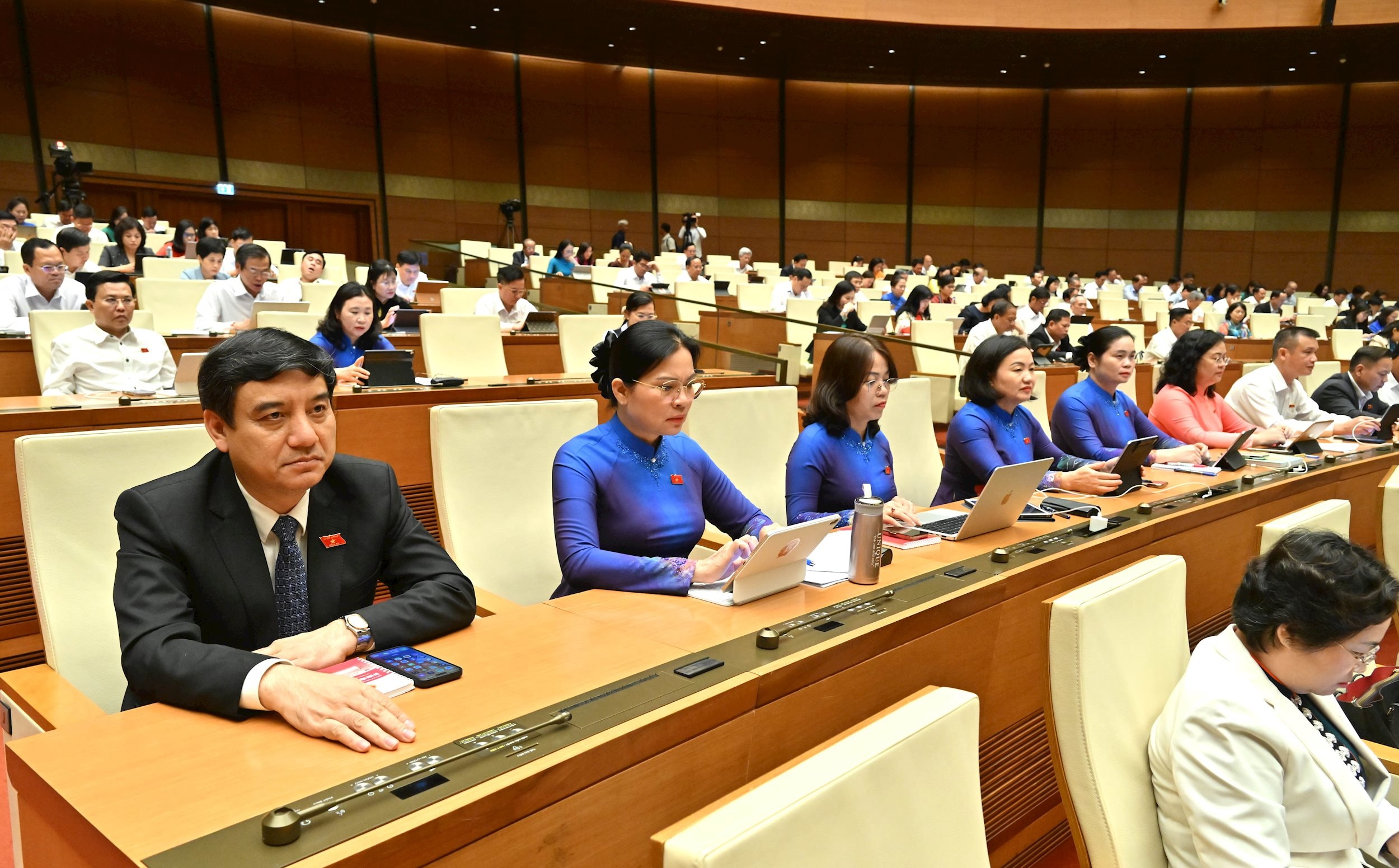
Along with that, establish an inter-regional and inter-provincial coordination mechanism for large river systems such as Lo, Gam, Chay, and Da rivers to be more proactive in forecasting, operating, and responding to natural disasters; invest in drainage infrastructure, consolidate residential areas along rivers and lakes, help people live safely and develop livelihoods around the lake such as aquaculture, eco-tourism, and community services.
Soon complete the legal framework for the "forest carbon" market
Expressing concern about industrial development from forest potential to green industry associated with people's livelihoods, delegate Ly Thi Lan cited: Tuyen Quang has more than 1 million hectares of forestry land, accounting for 73% of the natural area, with a coverage rate of over 61%, which is an important resource for developing the processing industry and green economy. In recent years, many models of intensive large-scale timber plantation and forest development according to FSC standards have brought positive results; thousands of workers have been employed in the wood production, processing and export chain. To date, the whole province has more than 89,000 hectares of forest certified for sustainable forest management according to domestic and international standards, contributing to making Tuyen Quang one of the leading localities in the country in sustainable forest development and providing legal raw materials to the international market.
However, delegates said that the economic efficiency of the forestry sector is still not commensurate with its potential. People - the subjects of the forestry industry - are still suffering many disadvantages. On the other hand, the forest economy has not developed evenly, the added value is low, while most of the value of environmental contributions and carbon absorption has not been adequately rewarded.
Therefore, the requirement of “sustainable forestry development, associated with ensuring fairness for forestry workers” is becoming a major concern of society and also an urgent demand from local practice. This is not only an objective requirement, but also an organic, inevitable relationship. Forestry can only be sustainable when forest workers - those who directly plant, protect and nurture forests - enjoy fair benefits, make a living from forestry and consider forests as their own property.
Delegates suggested that the legal framework and specific guidelines for implementing the domestic carbon market, especially forest carbon credits, should be completed soon. A clear process for measurement, verification, recognition and benefit sharing should be established. This, if implemented, would be a huge resource for investment in forestry and ensure fairness for forest workers.
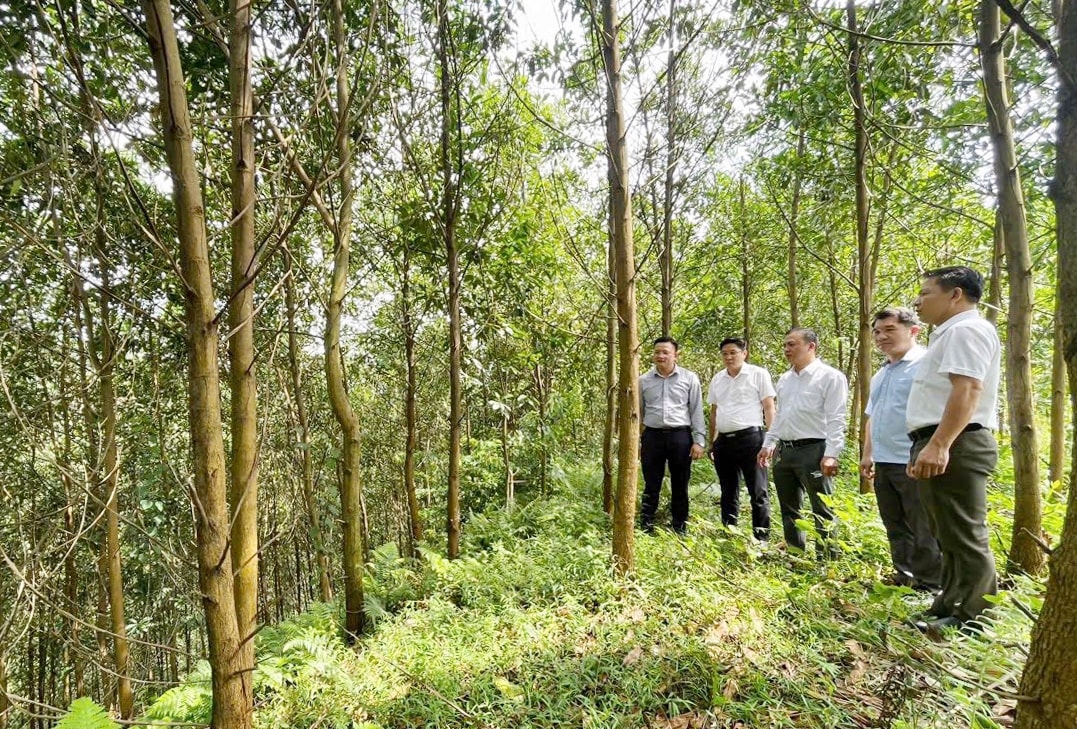
Along with that, increase investment in forest infrastructure, especially transportation routes, timber gathering points, and primary processing facilities. This initial investment is especially important for provinces that are facing many difficulties and have not been able to balance their budgets, such as Tuyen Quang and some northern mountainous provinces.
At the same time, ensure fair benefits for communities and households assigned forests, especially ethnic minorities and poor households, by increasing the current forest protection contract level, which must be at least equal to the promulgated technical and economic norms (average 2 million VND/ha/year).
On the other hand, it is necessary to build a national data system on carbon absorption, apply GIS technology, satellites, and artificial intelligence to inventory and monitor forests transparently and according to international standards. Expand green credit, support businesses and cooperatives to invest in afforestation, wood processing, forestry technology, develop legal wood value chains and have FSC sustainable forest management certification.
According to the delegates, sustainable forestry development must be associated with ensuring fairness for forestry workers - that is the only way for forests to truly become a stable livelihood, an ecological shield, a pillar of the green economy and national security. When people can live well thanks to forests, they will voluntarily protect forests, invest in forests and develop with forests.
Tuyen Quang province is committed to continuing to take the lead in responsible forestry development, but needs stronger support from the Central Government. Therefore, delegates suggested that the National Assembly, the Government and relevant ministries and branches pay attention to institutionalizing and promulgating breakthrough policies from institutions, finance to infrastructure, so that forest workers are guaranteed fairness, thereby developing Vietnam's forestry in a truly sustainable, effective and humane manner.
Source: https://daibieunhandan.vn/de-xuat-ra-soat-quy-trinh-van-hanh-ho-chua-thuy-dien-de-cat-giam-lu-10393634.html


![[Photo] Prime Minister Pham Minh Chinh attends the 5th National Press Awards Ceremony on preventing and combating corruption, waste and negativity](https://vphoto.vietnam.vn/thumb/1200x675/vietnam/resource/IMAGE/2025/10/31/1761881588160_dsc-8359-jpg.webp)

![[Photo] Da Nang: Water gradually recedes, local authorities take advantage of the cleanup](https://vphoto.vietnam.vn/thumb/1200x675/vietnam/resource/IMAGE/2025/10/31/1761897188943_ndo_tr_2-jpg.webp)



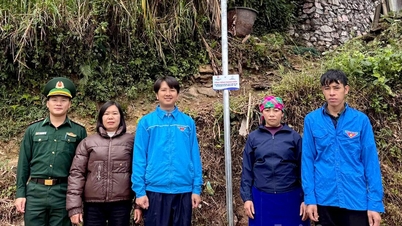

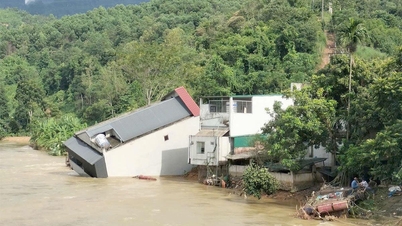


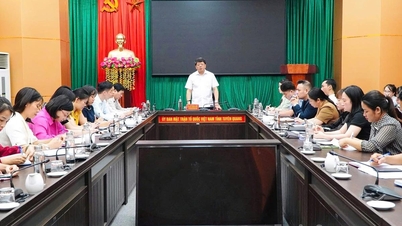
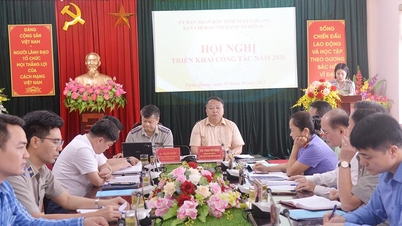
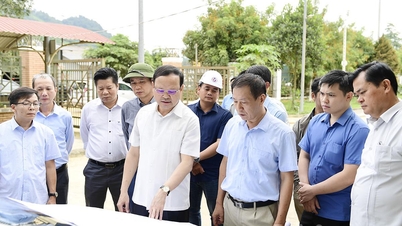
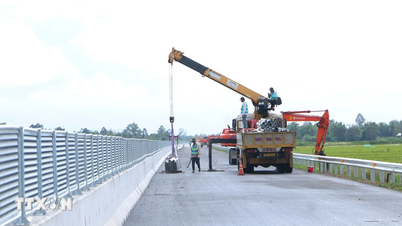

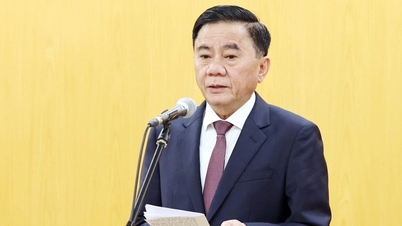

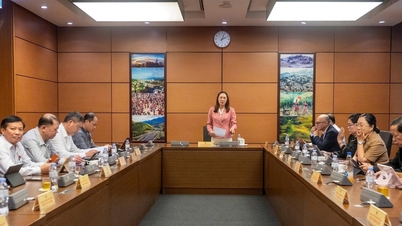
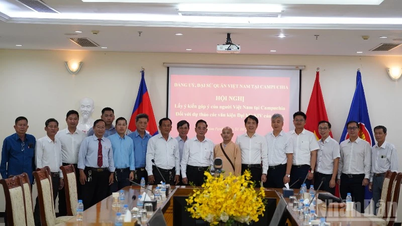






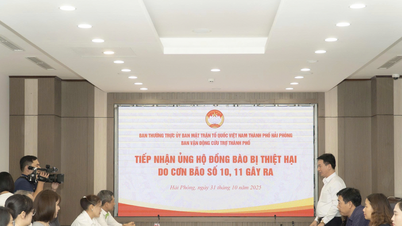
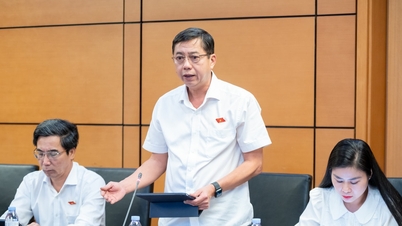
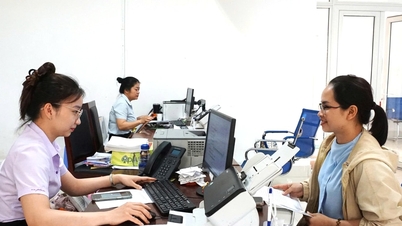
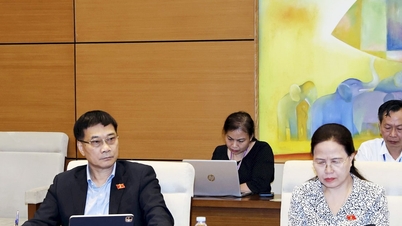
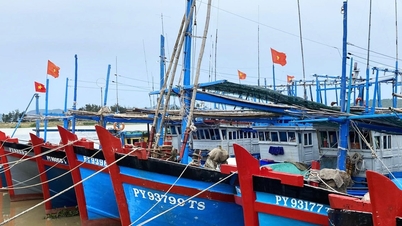
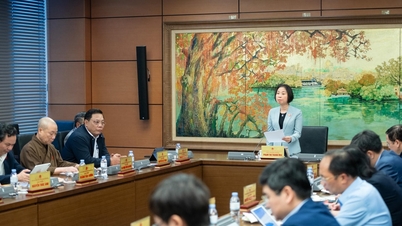
































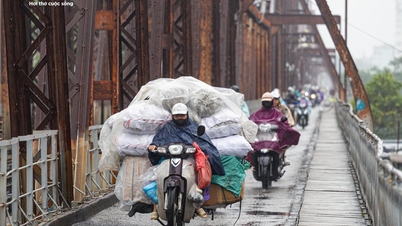


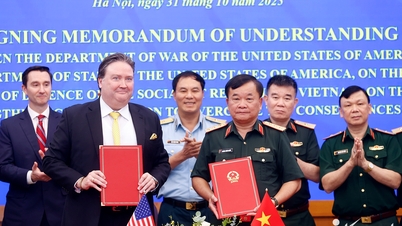


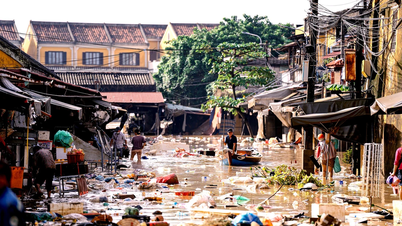

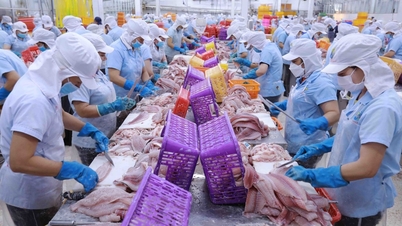

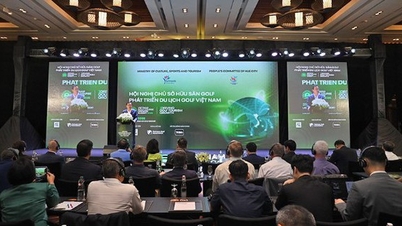

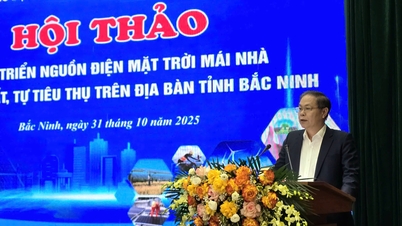
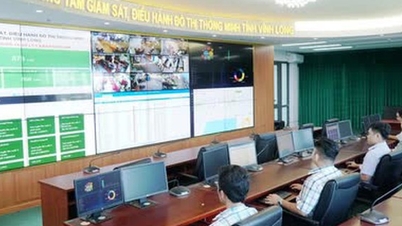

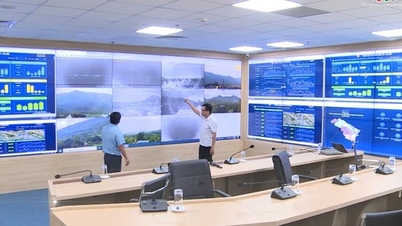
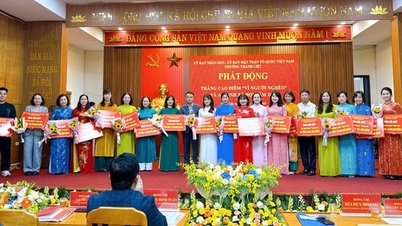

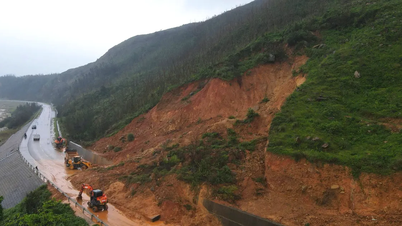
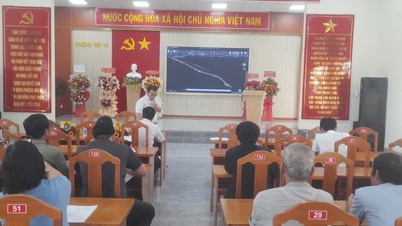

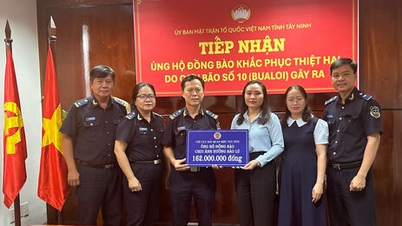


















Comment (0)